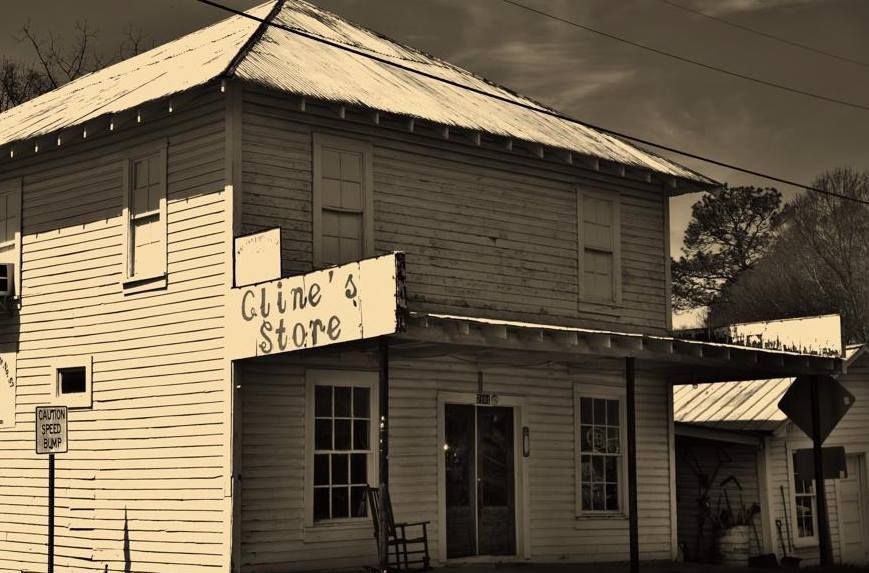Waleska's Marshal had an Exacting Job
by Bruce Baker
Marguerite Cline, Mayor of Waleska for some fourteen years, documented a most interesting piece of the city’s history in the July 11, 2014, issue of the Cherokee Tribune. It seems a Waleska couple named Cline were having their floors redone, and in the process of emptying the room came across an old book which outlined the ordinances of the City of Waleska. It had no date, but as Waleska was incorporated in 1889, that serves as a “not before” date. Given that it was published before the advent of electricity, and that by 1935 roughly 70% of all homes in the US had electricity, I’d suggest that the fifty-year span between 1889 and 1939 is a safe bet as to the date the book was written. In reviewing it she noted that the town marshal was surely the busiest man in town.
You certainly expect the marshal to be responsible for law enforcement, and he was. Many of these ordinances seem peculiar today, such as the one authorizing the marshal to inspect premises to ensure that they did not have a chicken coop in front of their house or on the sidewalk. He was also required to impound every horse, mare, mule, hog, cow, or goat found running loose in town. Owners were required to pay fifty cents for the first day, plus an additional twenty cents per day the animal was impounded, for the return of their livestock. There were other traffic problems in Waleska, with ordinances making it illegal to put glass or anything else in the streets and sidewalks that might cut either the feet of its citizens or bicycle tires. Also, interestingly, maintenance of the streets and sidewalks was considered a civic duty and not a government one: “Every male person within the jurisdiction of Waleska who would be subject to road duty shall be liable to work upon the streets and sidewalks of said town for such number of days each year as the Council may fix for that year, not to exceed ten days.” If someone resisted this civic duty, the marshal was in possession of a ball and chain and authorized to use it.

The marshal also enforced ordinances designed to protect the citizens from things viewed as sinful.Billiard tables, pool tables, ten pin alleys, and shooting galleries were forbidden. Prostitution was so frowned upon that if a person was found guilty of keeping a brothel on his property, the mayor had authority to order that the house be torn down. The marshal was also ordered to arrest women “of disreputable character or dissolute habits” found on the streets after dark. This task dovetailed nicely with his responsibility to maintain the streetlights of the city: the marshal’s responsibilities included lighting them, extinguishing them, cleaning them periodically, and ensuring they were filled with oil.

The marshal also had responsibilities that we’d today assign to the health department. The sanitary inspector, “who may be the marshal,” was to examine the privies, stables, hog pens, and any other places which may give off noxious odors or create sickness, as often as the mayor may require. The town had a Sanitary Committee, and if it became know to them that anyone had smallpox, all citizens were to be vaccinated unless they had a scar proving they’d already been inoculated. The sick individual was to be removed to “the pest house” (presumably by the marshal) unless they were rich enough to hire a guard (approved by the committee) at their own expense.
Of course, every community enacts laws that seem bizarre at first glance but likely were prompted by an occurrence that required an ordinance to maintain neighborly relations. One of Waleska’s ordinances made it illegal to plant or set out Ailanthus, whose Chinese name translates to “stink tree.” The malodorous tree is said to emit a smell described as either rancid peanut butter, or well-worn gym socks.
It could just be me, but convincing someone to be the marshal of Waleska might’ve been a tough sell.
Photo Credits:
Photo of Clines's Store from The Old Cline Store Facebook Page
Photo of the Ailanthus Altissima tree from Wikipedia
